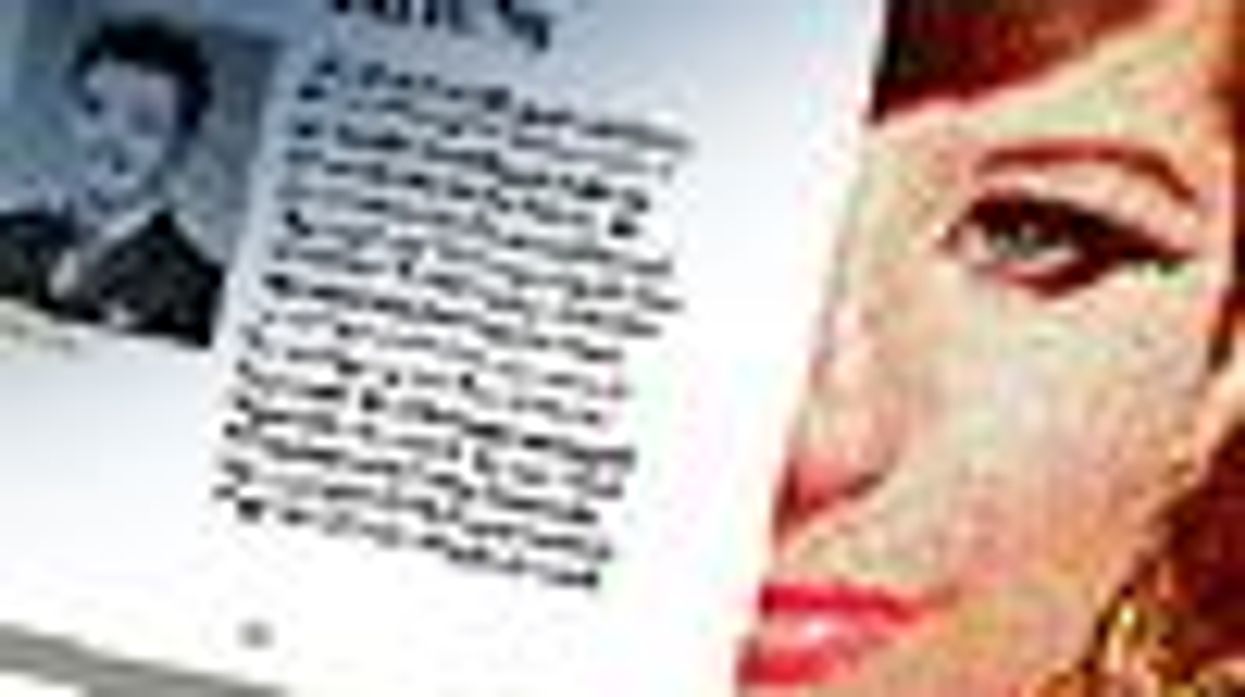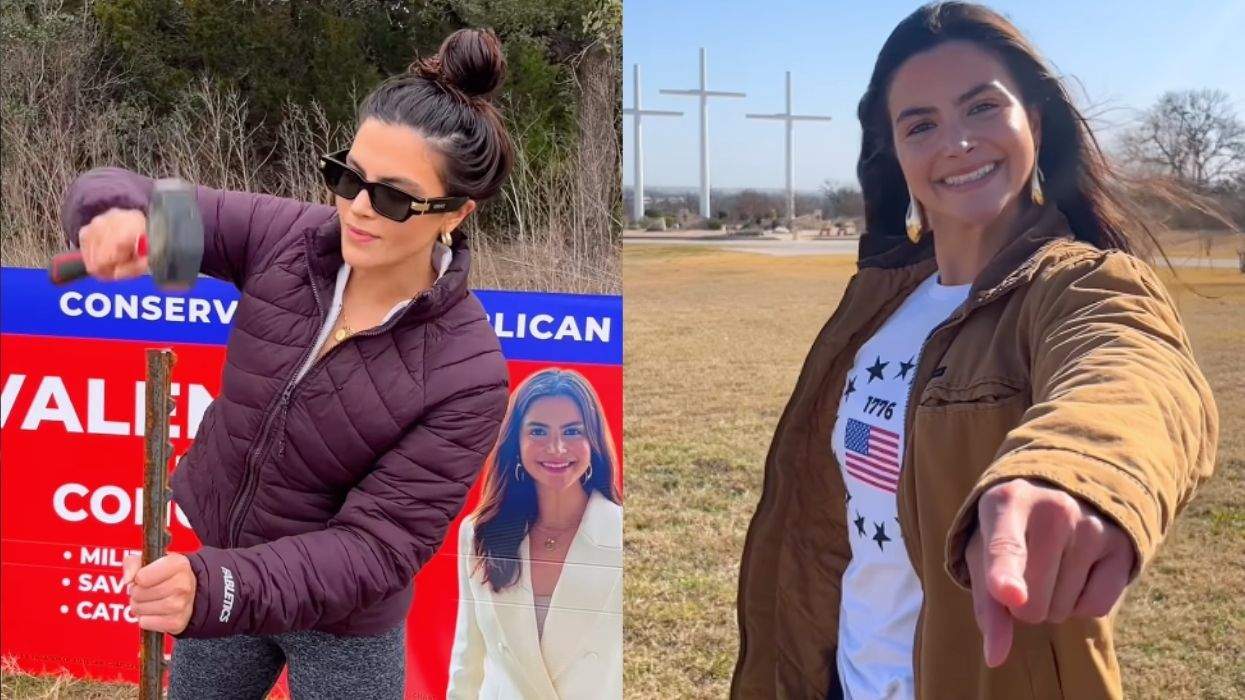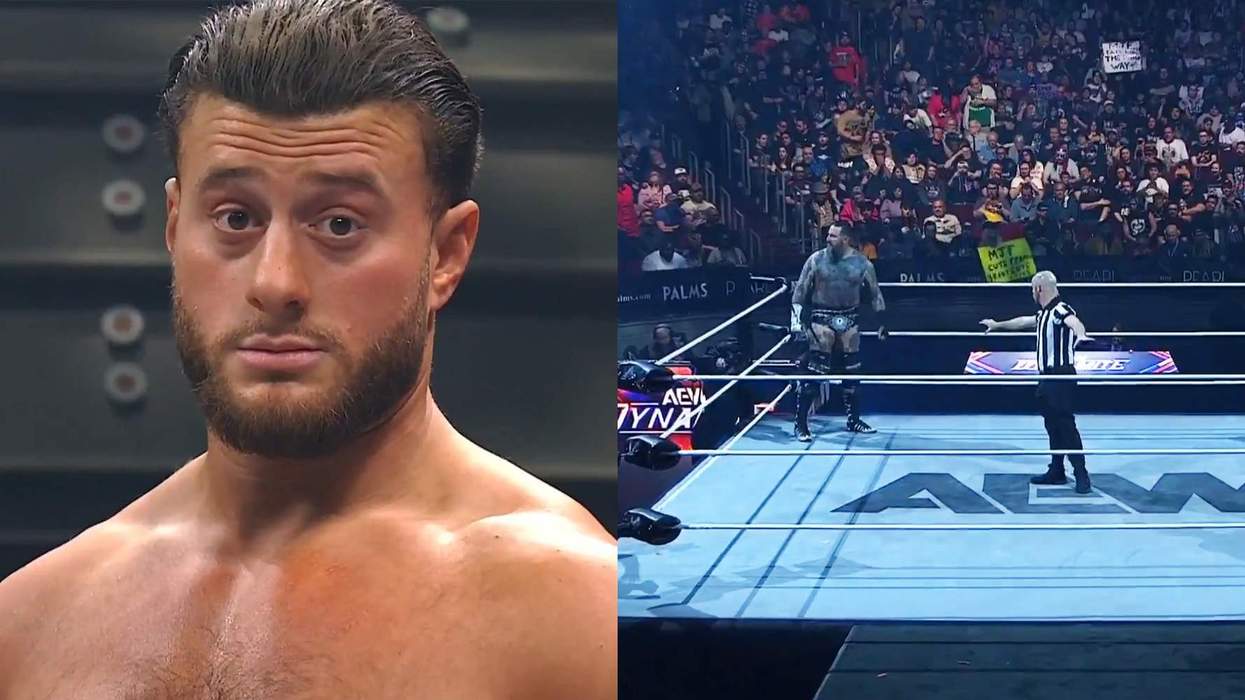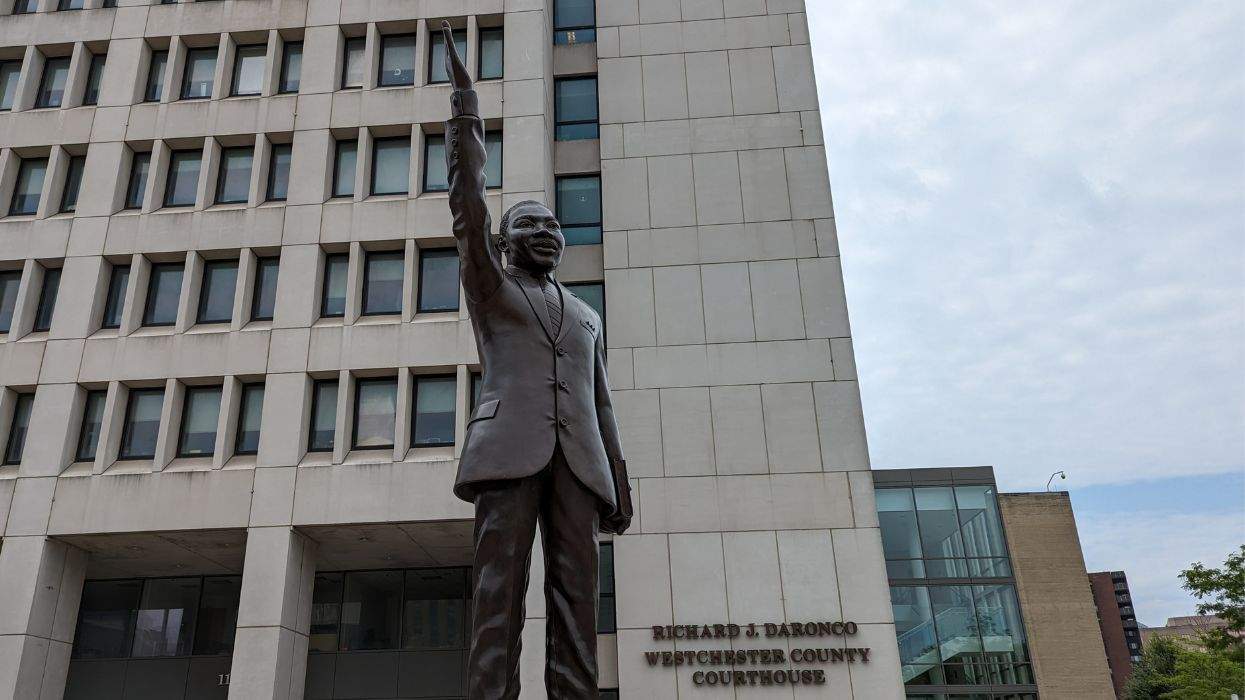When did you know you were gay? That's the question Los Angeles-based writer, filmmaker, and photographer Robert Trachtenberg put to 400 gay men and women, some famous, some not, for his colorful new book, When I Knew (ReganBooks). The coffee-table volume features over 80 personal accounts of that "eureka" moment along with personal photographs from the contributors and illustrations by Tom Bachtell (The New Yorker). It's a highly amusing confection whose reminiscences range from the touching to the comic. For example, here's the contribution from witty British writer-actor Stephen Fry: "When I was born, I remember looking back up at my mother and saying, 'That's the last time I'm going up one of those.' " Trachtenberg says the idea came from stories he kept hearing at dinner parties or while waiting around on photo shoots. He was determined that his book focus not just on the famous; he put requests out to men and women from all walks of life. "Everyone's story is uniquely their own," he says. "There's no right or wrong story. But I had to keep it entertaining, and I didn't want the fact that you were a celebrity to be enough of a ticket to get you in. Your story had to be good." Famous folk who made the cut include B.D. Wong, Will & Grace cocreator Max Mutchnick, and Committed actress Tammy Lynn Michaels. Out of the necessity for variety, he limited the number of Judy Garland and Barbra Streisand stories to one each. Marketing executive Andrew Freedman kicks the book off, in fact, with his memory of fainting at the age of 9 in 1969, when he heard that Garland had died. "I think by this time most intelligent people realize there's some truth in stereotypes," Trachtenberg notes, laughing. But his mission was also to avoid polemic or explicitly sexual stories. "I wanted to make sure that if you had it on your coffee table and your mother came over for a visit and picked it up, it wouldn't fall out of her hands in disgust," he says. "There's an innocence to it, but it's a sharp and witty innocence." And while he had no agenda when he started the project two years ago, the subject assumed a political bent as the same-sex marriage issue took hold of the presidential campaign. "I realized that anything that helped people understand that [being gay] is not a choice could help," Trachtenberg says. "If any good can come out of it--if it makes it easier for someone to come out, if it lets me pay off the contractor so he can finish my kitchen--then I've done some good."
Knowledge is
power
power
Gays and lesbians recall their moment of reckoning in Robert Trachtenberg's When I Knew















